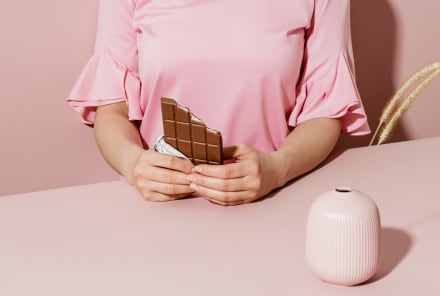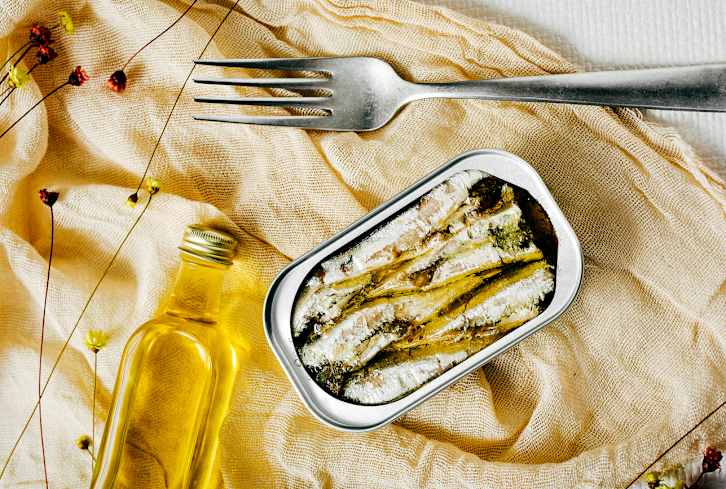Advertisement
Is My Morning Coffee Killing The Good Probiotics In My Gut?

If you take a probiotic supplement, it's more than understandable to want to do everything you can to maximize its impact on your body. With that, you might give some things you wouldn't think twice about the side-eye, like your regular cup of coffee.
After all, could your morning cup of coffee be killing the good probiotics in your gut? There are a few things to consider. Here's what you need to know.
Why are probiotics important?
"Probiotics, by definition, are living microbes that confer beneficial effects on their host,"* says Lea Ann Chen, M.D., a gastroenterologist and assistant professor of medicine and pharmacology at Rutgers Robert Wood Johnson Medical School.
In the context of this conversation, when we refer to probiotics, we're talking about beneficial bacteria that support your gut health and function.* Probiotics can be found in a range of things, including fermented foods and dietary supplements (find our top picks for probiotic supplements here).
"Probiotics can be important in various settings to help keep a good balance in your gut microbiome,"* says integrative gastroenterologist and mbg Collective member Marvin Singh, M.D.
What can mess with those probiotics?
"Lifestyle factors such as diet choices, stress reduction, good sleep hygiene, exercise habits, and many other factors can influence the composition of our gut microbiome and can influence our health," Singh says. Failure to do any of those things can mess with the good probiotics in your gut, he adds.
That's why Chen recommends eating a "diverse and healthy diet" that's plant-based and high in fiber1. "Overly processed foods with high amounts of added sugar and fat" can also be problematic for your gut health, says Keri Gans, R.D., author of The Small Change Diet.
Does coffee hurt or help gut health?
It depends. "Black coffee is beneficial to gut health, as long as you don't overdo it," says Zhaoping Li, M.D., Ph.D., nutrition researcher, professor of medicine, and chief of the Division of Clinical Nutrition at the University of California, Los Angeles.
One small study in the American Journal of Gastroenterology analyzed gut microbiome samples taken during routine colonoscopies and found that people who drank two or more cups of coffee daily throughout the previous year had better gut microbiome profiles than those who had less or no coffee.
"The chlorogenic acids in coffee have also been suggested to increase the diversity in the gut microbiome2," Singh says. "It is felt that this may be one of the mechanisms by which it can impact metabolism and provide health benefits."
But Gans points out that regularly having coffees that are high in added sugar and fat could work against your gut health. As a result, she says, it's better to focus on coffees that are low in sugar or have no sugar at all to support gut health.
As for coffee directly affecting the probiotic you consume, Chen says it's unlikely to cause an issue. "There's no good evidence that coffee will hurt it," she says.
How else can you promote gut health?
There are a few things you can do to support a healthy gut. "Simple lifestyle changes can have big impacts," Singh says. "One of the primary ways to have long-term sustainable equilibrium in your gut microbiome is to incorporate some key lifestyle factors for your gut health program." That means focusing on eating a diet high in plant foods, doing your best to minimize processed foods, exercising regularly, and trying to reduce your stress levels, he says.
Li also emphasizes the importance of a nutritious diet: "If you really want to take care of your gut bacteria, you've got to eat well," she says.
Along with a nutritious and diverse diet, Singh says taking a probiotic supplement can support and encourage a healthy gut microbiome.*
Bottom line.
Having your regular cup of coffee should not interfere with the probiotics in your gut. However, experts stress the importance of promoting a healthy gut microbiome by eating a varied, nutrient-rich diet and taking probiotic supplements.*


















